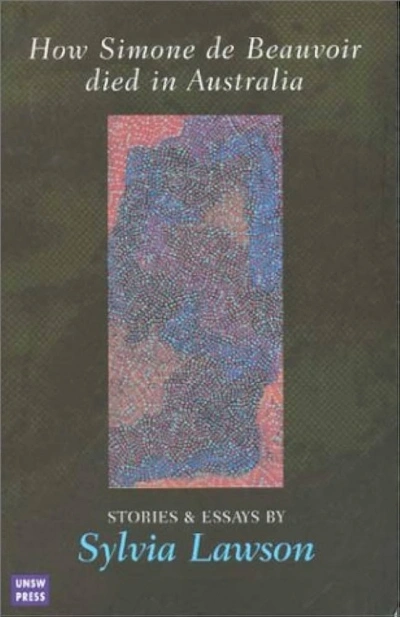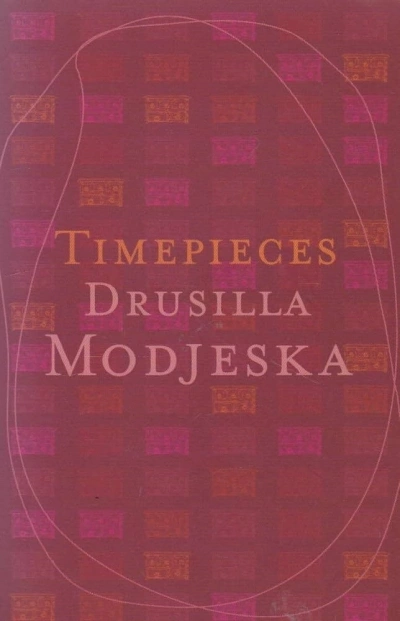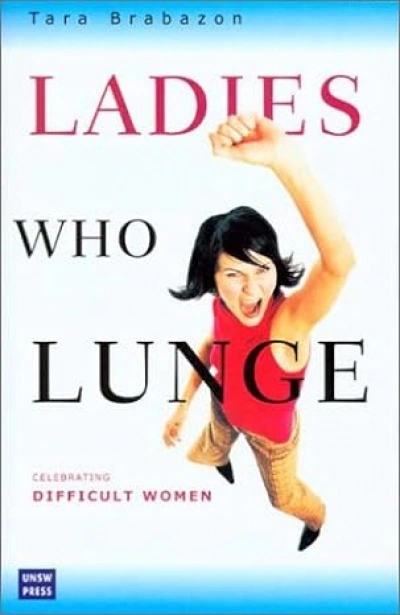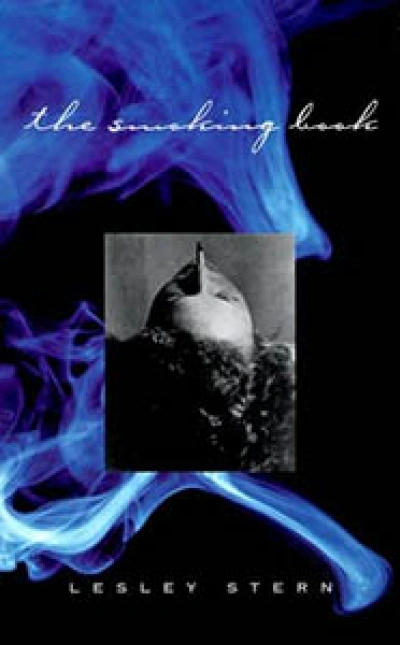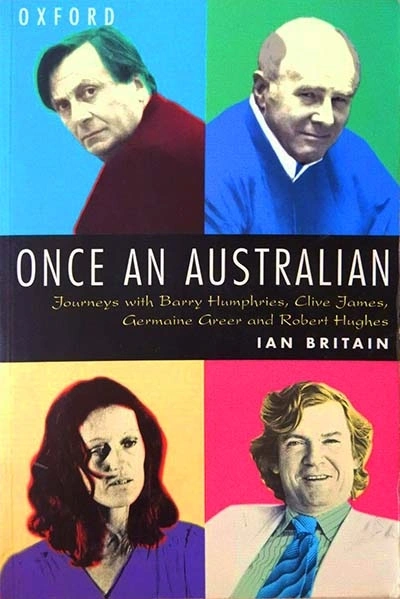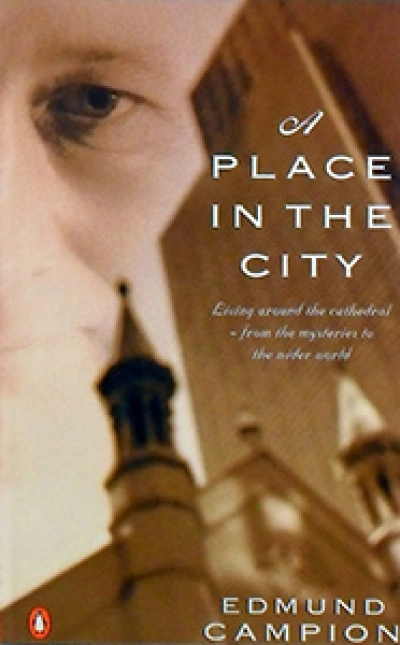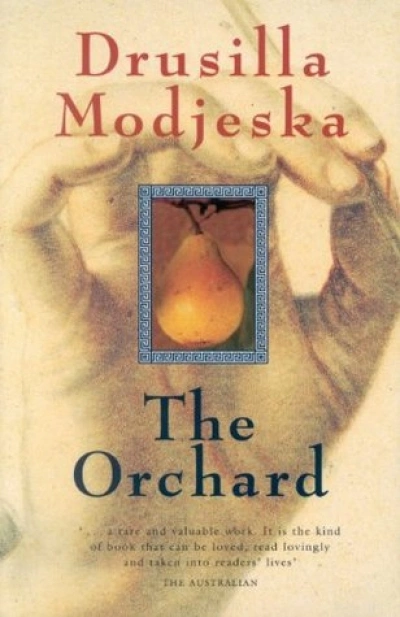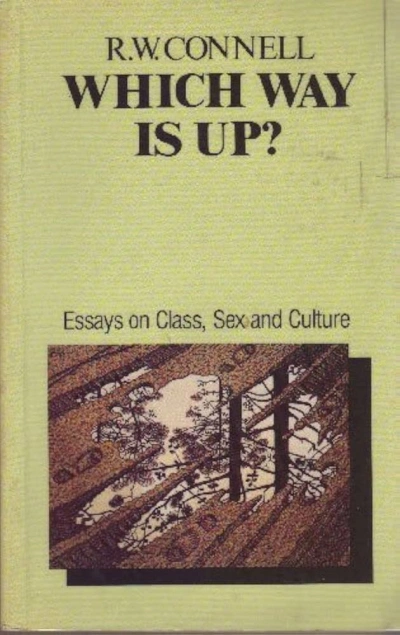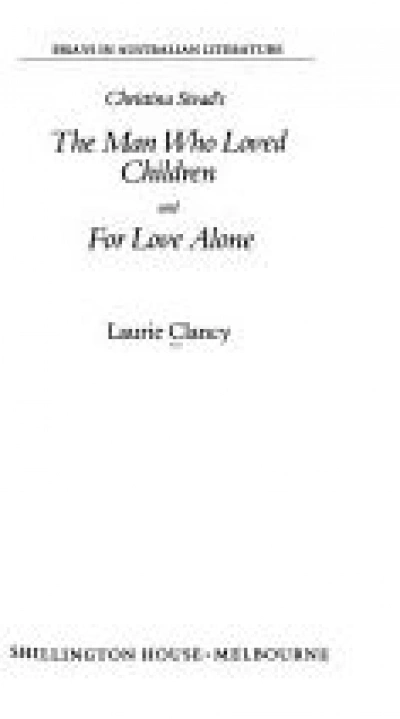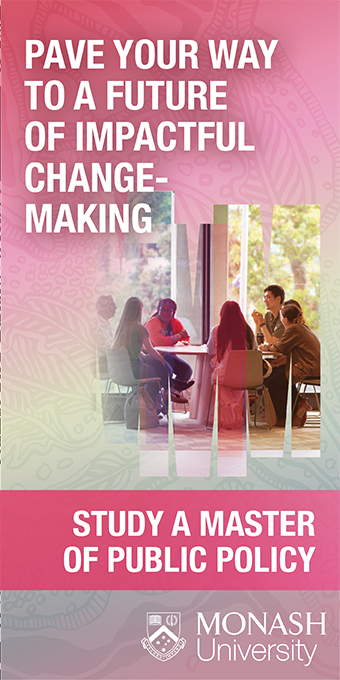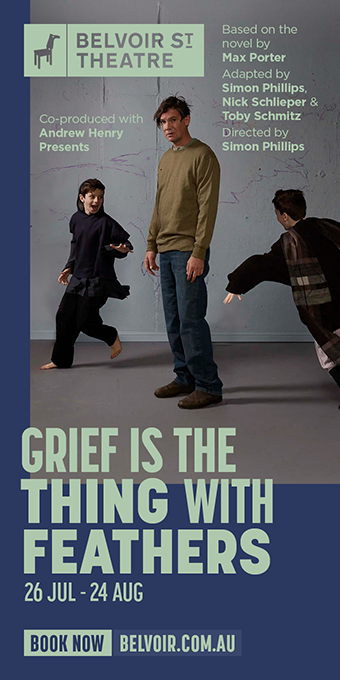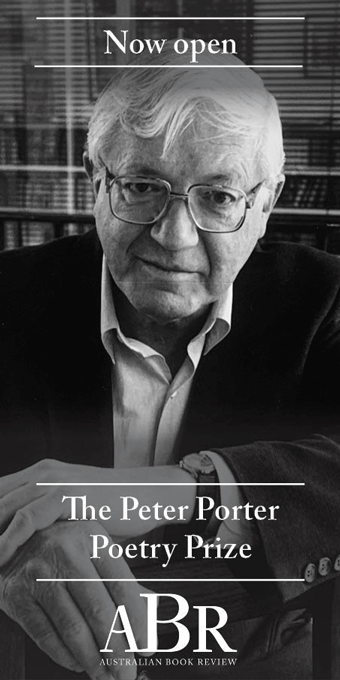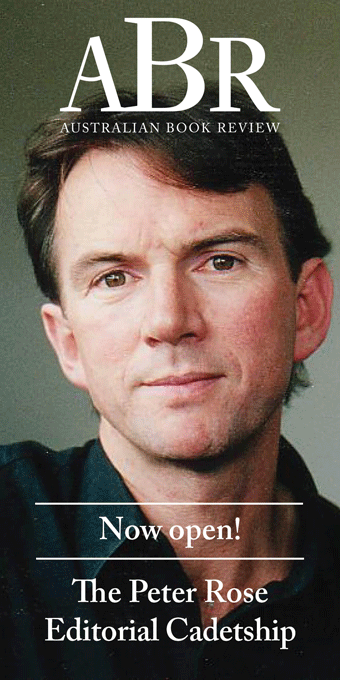Essays
I am reading Robert Fagles’s translation of the Iliad (Penguin, $26pb, 0 14 027536 3). Achilles is sulking in his ships while the Trojans and Achaeans slaughter each other. Choreographing the moves with astonishing wilfulness are the self-serving, all-powerful gods. The brilliance of the poetry keeps the brutality always in the high beam. Every spear thrust, every disembowelment, every spillage of brains, every spurt of blood is revealed with lyrical clarity. The violence is unrelenting; this poem is almost unbearable.
I’ve read the Iliad before but don’t recall turning soft halfway through. I grant it was a long time ago; I’ve never had the desire to revisit it as I have the Odyssey. I take down Rieu’s prose translation in the Penguin classic edition. It falls open towards the end of Book XIV; my annotations have stopped a good deal earlier. I suppose one can imagine reading a classic, particularly one so well known, although I confess it is not an explanation that appeals. But, even if it were true, I am curious as to why I feel so overwhelmed now.
... (read more)

